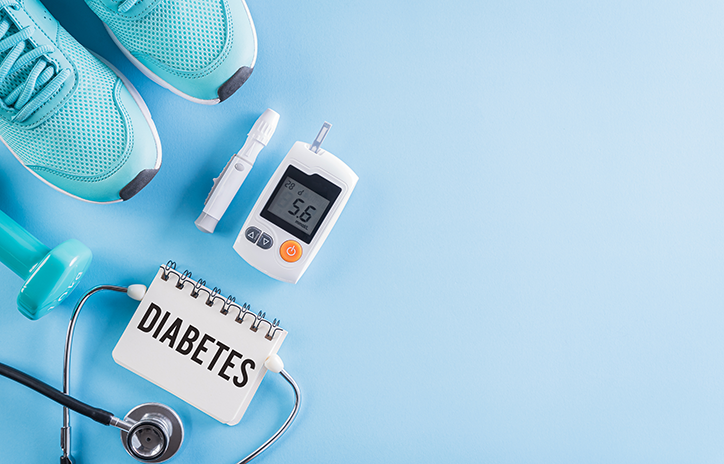Amidst rising prevalence of diabetes mellitus, high cost of treatment, stock outs of insulin and shortage of experts are exagabating the plight of diabetespatients in Nigeria.
According to a recent data, about six million of adult Nigerians are living with diabetes mellitus. Meanwhile, experts have opined that this figure may be far from reality as estimated two-thirds of diabetes cases in the country are undiagnosed, resulting in increase in the burden of diabetes complications and deaths.
Despite the rising prevalence of this condition, diabetes
Also, diabetes treatment, which is often financed out of pocket, has remained a huge burden on families of persons suffering diabetes.
It is estimated that the cost of treating diabeteswithout complication in the country cost about N300,000 to N500,000 annually and over N1.5million for complicated cases.
Professor of Medicine and Endocrinology, and dean, faculty of clinical sciences, University of Abuja, Professor Felicia Anumah, during a virtual briefing in commemoration of this year’s World Diabetes Day, cited several factors that impact diabetes care including limited knowledge about the disease leading to delayed diagnosis, socio-economic realities, and suboptimal adherence to treatment.
She mentioned that one out of 13 adults in Nigeria had pre-diabetes, and 63,958 people died due to diabetes-related causes in 2019.
According to her, “In Nigeria, 54 per cent of the population live on 1 USD or less a day. We run mainly an out-of-pocket system which accounts for 76 per cent of total health expenditure in the country.
“The cost of treating diabetes in one year without complications is about N300,000-N500,000, and over N1,500,000 when complications develop, such as diabetic foot and much more.” Anumah said.
A 68-year old retired civil servant in Abuja, Mr Clement Okoro, who has been living with diabetes in the past five years, told me that it has not been easy with him as cost of insulin and other essential drugs have eaten deep into his pocket.
“I am a retiree, the little money my children are sending to me is not enough for my basic needs. I struggle to buy insulin every month,” he said.
Meanwhile, commemorating this year’s World Diabetes Day, themed: “Access to diabetes care” the World Health Organisation (WHO) regional director for Africa, Dr Matshidiso Moeti, expressed worry that even when patients are diagnosed, insulin stock outs in public health facilities and the costs of insulin, result in individuals not getting the treatment they need.
Moeti identified the known risk factors for diabetes as family history, age, being overweight, having a sedentary lifestyle, unhealthy diet, or use of alcohol or tobacco.
She said if left unchecked, without management and lifestyle changes, diabetes can lead to heart attack, stroke, kidney failure, lower limb amputation, visual impairment, blindness and nerve damage, including erectile dysfunction. People with diabetes are also at higher risk of developing severe COVID-19 symptoms.
The global health body, therefore called for Investment In insulin, blood glucometers, test strips availability to all communities, adding that it should be backed by training of health workers in noncommunicable disease prevention and management at the district and community level towards improving service availability.
On 14 November, the international community commemorates World Diabetes Day to raise awareness of the growing burden of this disease, and strategies to prevent and treat it.





